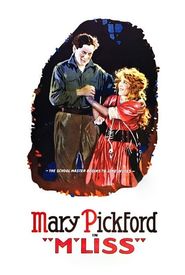Marshall Neilan, a prominent director in the early days of silent cinema, held a top position at Goldwyn Pictures, where he directed a limited number of melodramas produced independently by Louis B. Mayer. However, there existed a profound mutual dislike between the two men, which would later become a significant factor in Neilan's career decisions.
On April 26, 1924, during the celebrations marking the merger of Metro and Goldwyn Pictures, Neilan grew increasingly disillusioned with the prospect of listening to Mayer's speech, ultimately deciding to interrupt the festivities by ordering his cast and crew to return to the set of Tess of the D'Urbervilles, a film they were currently working on.
Mayer, upon viewing the picture, ordered the downbeat ending to be re-shot, despite Neilan's vehement protests. Mayer's desire to assert his absolute authority over all production matters led him to hold firm on his decision, a move that Neilan found unbearable.
The prospect of working under Mayer's direction in the newly formed Metro-Goldwyn super-studio was unpalatable to Neilan, who ultimately decided to quit, becoming the first director to openly defy the studio. This bold move would serve as a benchmark for others over the next three decades, who would aspire to emulate Neilan's courage in standing up against the studio's authority.
Biography:
Marshall Neilan was a renowned American film director, active during the early days of cinema. Born in San Bernardino, California, Neilan began his career in the film industry as a director and writer, working for various studios, including Goldwyn Pictures. He gained recognition for his work on silent films, such as Tess of the D'Urbervilles, which showcased his mastery of storytelling and visual style.
Neilan's career was marked by his ability to adapt to the changing landscape of the film industry, as well as his unwavering commitment to artistic expression. Despite his departure from Metro-Goldwyn, Neilan continued to work in the industry, leaving a lasting impact on the world of cinema.



































